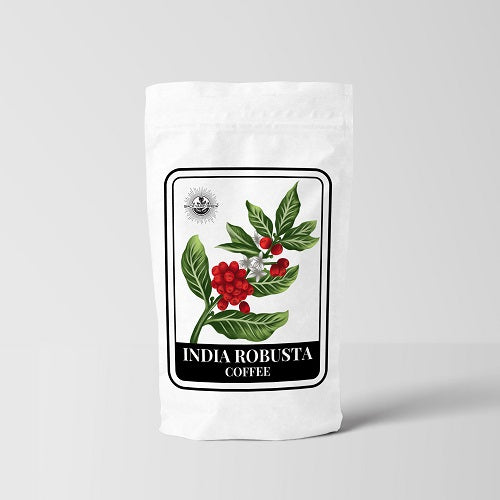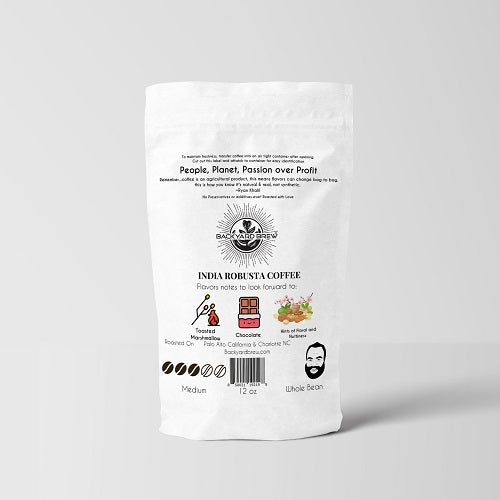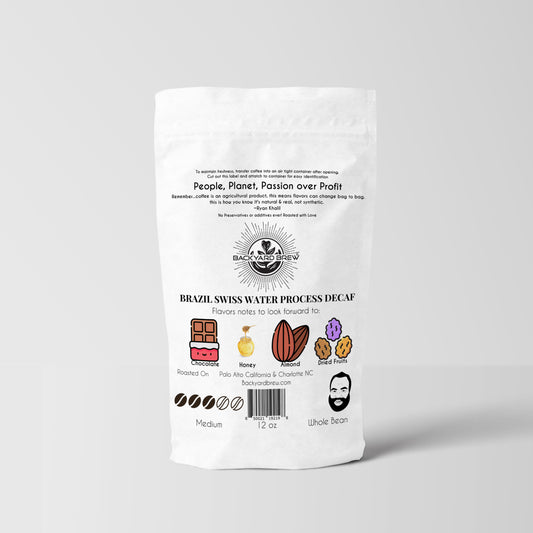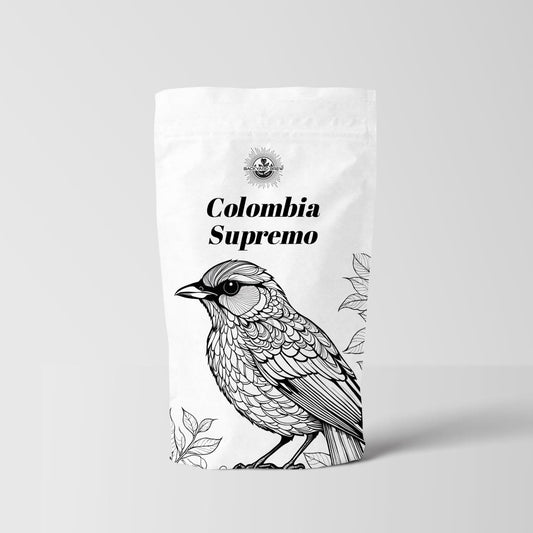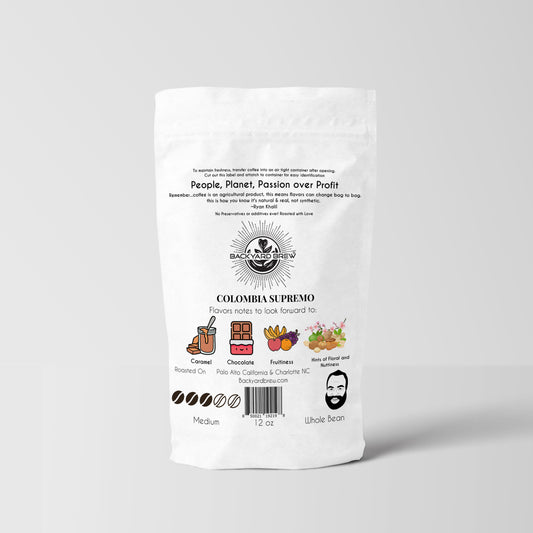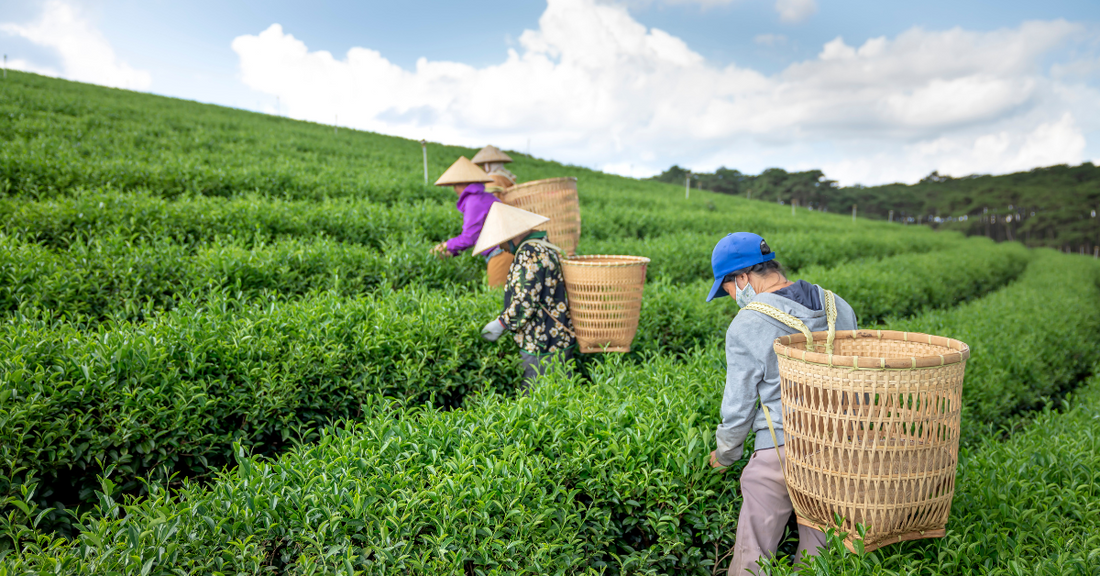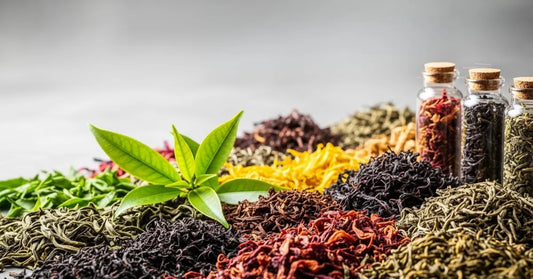Organic Tea Farming Practices: A Comprehensive Guide
Related Product
Subscribe
Table of Contents
Have you ever wondered where your favorite cup of tea comes from and how it’s made? If so, you’re in the right place! This blog is your guide to the fascinating world of organic tea farming. As one of the most consumed beverages globally, tea is cherished not only for its rich flavor and aroma but also for its numerous health benefits. In this blog, we will explore the various aspects of organic tea farming. For example, its benefits, methods, and the different Types of Tea Leaves produced through these practices. So, read till the end if you want to enjoy a healthier, more sustainable cup of tea!
Do you know?
The global organic tea market is projected to reach approximately $3.3 billion by 2032.
Understanding Organic Tea Farming
Organic tea farming is a method of cultivating tea without the use of synthetic fertilizers, pesticides, or herbicides. Instead, it relies on natural processes and materials to promote healthy growth and protect the plants. This approach not only benefits the environment but also enhances the quality of the tea produced.
|
Fun Fact |
40% of tea drinkers prefer organic tea due to health and environmental concerns. |
The Importance of Organic Tea Farming
Organic tea farming promotes environmental sustainability and ensures the health of both consumers and ecosystems. By avoiding harmful chemicals, organic practices contribute to several significant benefits that extend beyond the tea itself. Let’s go into the details here…
-
Preserving Biodiversity
One of the primary advantages of organic tea farming is its positive impact on biodiversity. Conventional farming methods often rely on synthetic pesticides and herbicides, which can harm not only the targeted pests but also beneficial insects, birds, and other wildlife. In contrast, organic farming encourages a diverse ecosystem by using natural pest control methods. For instance, introducing beneficial insects like ladybugs and lacewings that prey on harmful pests. Additionally, organic farms often cultivate a variety of plants alongside tea bushes. Thus, creating a more diverse habitat. This diversity supports a wider range of species. Ultimately, contributing to a balanced ecosystem that is more durable to diseases and pests.
Organic Tea Market is expected to grow at a CAGR of 11.34% from 2025 to 2032
-
Protecting Soil Health
Soil health is fundamental to successful agriculture, and organic practices prioritize the well-being of the soil. You should know that organic tea farmers use natural fertilizers. For example, compost and green manure. After all, it enriches the soil with essential nutrients. What’s more, these organic amendments improve soil structure, enhance water retention, and promote the activity of beneficial microorganisms. That’s right! Organic farming practices reduce soil erosion and degradation.
-
Reducing Pollution
Organic tea farming significantly reduces pollution associated with agricultural practices. The use of synthetic fertilizers and pesticides in conventional farming can lead to runoff, which contaminates nearby water sources and harms aquatic life. In contrast, organic farming methods minimize the risk of chemical runoff by relying on natural inputs and practices that protect water quality. Furthermore, organic tea farms often implement practices such as mulching and cover cropping. Thus, by reducing pollution, organic tea farming contributes to cleaner air and water. Ultimately, it is beneficial for both local communities and the environment.
75% of consumers consider environmental impact when choosing tea products.
-
Healthier for Consumers
For consumers, organic tea is often considered a healthier choice. One of the main reasons for this perception is that organic tea is free from chemical residues commonly found in conventionally grown products. Many people are increasingly concerned about the potential health risks associated with consuming products treated with synthetic pesticides and fertilizers. Organic tea is cultivated using methods that prioritize natural processes. Thus, resulting in a product that is not only safer but also often richer in flavor and aroma. Additionally, studies have suggested that organic tea may contain higher levels of antioxidants and beneficial compounds.
|
|
The Evolution of Tea Cultivation
To appreciate organic tea farming, it’s essential to understand the History of Tea Leaves. Tea has been cultivated for thousands of years, with its origins tracing back to ancient China. Initially, tea was consumed for its medicinal properties, but over time, it evolved into a popular beverage enjoyed worldwide. As tea gained popularity, various cultivation methods emerged. Traditional farming practices often included the use of natural fertilizers and pest control methods. However, with the advent of industrial agriculture, many tea farms shifted to synthetic chemicals to increase yields. This shift led to concerns about the environmental impact and health risks associated with conventional tea farming.
Smallholder farmers produce about 60% of the world's tea.
Benefits of Organic Tea Farming
Organic tea farming offers a multitude of benefits that positively impact both the environment and consumer health. Here are some key advantages:
-
Organic farming promotes a diverse ecosystem. Thus, supporting various plant and animal species. It helps maintain ecological balance and resilience against pests and diseases.
-
By using natural fertilizers like compost and green manure, organic practice enhances soil fertility and structure. Thus, it leads to healthier tea plants and reduced reliance on chemical inputs.
-
Organic farms often implement methods such as mulching and cover cropping, which conserve water and reduce runoff. As a result, it ensures sustainable use of water resources.
-
Organic tea is free from harmful pesticides and fertilizers. Therefore, making it a safer choice for consumers and reducing the risk of chemical exposure.
-
Studies suggest that organic tea may contain higher levels of antioxidants, which are beneficial for health. For example, reducing inflammation and supporting heart health.
-
Many consumers find that organic tea has a richer flavor and aroma. This is attributed to the natural growing methods and absence of chemical treatments.
-
By avoiding synthetic chemicals, organic tea farming minimizes chemical runoff into water bodies. Therefore, it contributes to cleaner air and water quality in surrounding areas.
-
Choosing organic tea often means supporting local farmers who practice sustainable agriculture.
-
Organic tea farming encourages practices that protect the environment, such as crop rotation and natural pest control.
-
The growing demand for organic products has led to heightened awareness about health and environmental issues
Over 70% of organic tea farms implement sustainable farming practices to protect biodiversity.
|
Benefits of Organic Tea Farming |
|
Biodiversity Preservation |
|
Improved Soil Health |
|
Water Conservation |
|
Chemical-Free Products |
|
Higher Antioxidant Levels |
|
Enhanced Flavor and Aroma |
|
Reduced Pollution |
|
Support for Local Farmers |
|
Sustainable Farming Practices |
|
Increased Consumer Awareness |
Note: The most popular types of organic tea include Black Tea, Green Tea, White Tea, and Herbal Tea.
Key Organic Farming Practices
To reap the benefits of organic tea farming, several key practices are essential. These methods emphasize sustainability and the health of tea plants.
Crop Rotation
Crop rotation is the practice of alternating the types of crops grown in a specific area. This method helps prevent soil depletion and reduces the risk of pests and diseases. By rotating tea plants with other crops, farmers can maintain soil fertility. This approach also promotes a balanced ecosystem. Thus, allowing beneficial organisms to thrive.
|
Step 1 |
Identify the crops to rotate with tea plants, choosing complementary crops. |
|
Step 2 |
Plan the planting schedule to maximize soil health and minimize pest issues. |
|
Step 3 |
Implement the rotation by planting the selected crop after harvesting tea. |
|
Step 4 |
Monitor soil health and pest levels, adjusting future rotations as needed. |
Composting
Composting is the process of recycling organic matter, such as plant residues and kitchen scraps, into nutrient-rich soil. Organic tea farmers use compost to enrich the soil naturally. This practice provides essential nutrients to tea plants without relying on synthetic fertilizers. Healthy soil leads to stronger tea plants and better yields.
|
Step 1 |
Gather organic materials like plant residues and kitchen scraps. |
|
Step 2 |
Create a compost pile or bin, layering materials for aeration and decomposition. |
|
Step 3 |
Maintain the compost by turning the pile regularly for even decomposition. |
|
Step 4 |
Apply the finished compost to tea plants to enrich the soil. |
Natural Pest Control
Organic tea farmers avoid chemical pesticides and instead use natural pest control methods. One effective strategy is introducing beneficial insects, like ladybugs, which prey on harmful pests. Additionally, farmers may apply organic sprays made from natural ingredients to deter unwanted insects. This approach protects the tea plants while maintaining a healthy ecosystem.
|
Step 1 |
Identify common pests affecting tea plants through regular monitoring. |
|
Step 2 |
Introduce beneficial insects like ladybugs to control harmful pest populations. |
|
Step 3 |
Use organic sprays made from natural ingredients to deter pests as needed. |
|
Step 4 |
Evaluate pest control effectiveness and adjust strategies based on observations. |
Mulching
Mulching involves covering the soil with organic materials, such as straw or leaves. This practice helps retain moisture in the soil, suppress weeds, and improve overall soil health. Mulching is particularly beneficial in tea farming, as it creates a favorable environment for tea plants to thrive. It also reduces the need for frequent watering and minimizes competition from weeds.
|
Step 1 |
Choose organic materials for mulching, such as straw, leaves, or grass clippings. |
|
Step 2 |
Prepare the soil by clearing weeds and loosening the soil around tea plants. |
|
Step 3 |
Apply a layer of mulch evenly around the base of the tea plants. |
|
Step 4 |
Monitor moisture levels in the soil and adjust the mulch layer as needed. |
Types of Tea Leaves Produced Organically
Organic tea farming can produce various Types of Tea Leaves, each with its unique flavor and characteristics. Here are some popular types of tea produced through organic practices:
Black Tea
It is fully oxidized, giving it a rich flavor and dark color. Organic black tea is cultivated using sustainable practices.
Green Tea
Green tea is known for its delicate flavor and numerous health benefits. Organic green tea is made from unoxidized leaves, preserving its natural antioxidants.
White Tea
White Tea is the least processed of all tea types, made from young tea leaves and buds. Organic white tea is prized for its subtle flavor and high antioxidant content.
Herbal Tea
Herbal Tea is not technically tea, as it is made from various herbs, flowers, and fruits. Organic herbal tea is crafted from plants grown without synthetic chemicals.
Organic tea exports have increased by 20% in the last three years, reflecting growing international demand.
Ethical Sourcing of Tea Leaves
In addition to organic farming practices, the ethical sourcing of tea leaves is a crucial aspect of the tea industry. After all, it ensures that tea is produced in a manner that respects the rights of workers, supports local communities, and promotes sustainable practices.
65% of consumers are willing to pay more for ethically sourced organic tea.
Here are some key components of ethical sourcing in organic tea farming:
-
Fair Trade Practices
Fair Trade certification ensures that tea farmers receive fair wages and work in safe conditions. This certification also promotes sustainable farming practices, encouraging farmers to adopt organic methods. By choosing Fair Trade organic tea, you can support farmers who prioritize ethical practices.
-
Supporting Local Communities
Ethical sourcing often involves supporting local communities by investing in education, healthcare, and infrastructure. Many organic tea farms engage in community development initiatives, helping to improve the quality of life for workers and their families. This commitment to social responsibility is an essential aspect of organic tea farming.
-
Transparency in Supply Chains
Transparency in the supply chain is vital for ethical sourcing. Consumers are increasingly interested in knowing where their tea comes from and how it is produced. Organic tea brands that prioritize transparency often provide information about their sourcing practices. Clearly, allowing consumers to make informed choices.
|
Key Components of Ethical Sourcing in Organic Tea Farming |
|---|
|
Fair Trade Practices |
|
Supporting Local Communities |
|
Transparency in Supply Chains |
|
Sustainable Farming Practices |
|
Fair Wages for Workers |
|
Safe Working Conditions |
|
Environmental Stewardship |
|
Community Development Initiatives |
|
Commitment to Organic Standards |
|
Consumer Education and Awareness |
Challenges in Organic Tea Farming
While organic tea farming offers numerous benefits, it also comes with its own set of challenges. Understanding these challenges is essential if you are interested in entering the organic tea market – or even if you just need an insight into it.
The number of certified organic tea farms has increased by 15% annually over the past five years. Organic tea sales in retail channels have grown by 25% annually, driven by health-conscious consumers.
-
Pest Management
Managing pests without synthetic chemicals can be challenging for organic tea farmers. While natural pest control methods are effective, they may require more time and effort. Farmers must be vigilant and proactive in monitoring their crops to prevent pest infestations.
-
Certification Process
Obtaining organic certification can be a lengthy and complex process. Farmers must adhere to strict guidelines and undergo regular inspections to maintain their organic status. This can be a barrier for some small-scale farmers who may lack the resources to navigate the certification process.
-
Market Competition
As the demand for organic tea grows, competition in the market increases. Organic tea farmers must differentiate their products and establish a strong brand presence to attract consumers. This can be particularly challenging for small-scale farmers who may struggle to compete with larger brands.
|
Challenges in Organic Tea Farming |
|
|
Pest Management |
Organic tea farmers face difficulties in controlling pests without synthetic pesticides, leading to potential crop losses. |
|
Soil Fertility |
Maintaining soil fertility can be challenging, especially in the absence of chemical fertilizers, requiring careful management of organic inputs. |
|
Market Competition |
Organic tea competes with conventional tea, often facing price pressures and market saturation. |
|
Certification Costs |
Obtaining and maintaining organic certification can be expensive and time-consuming for farmers. |
|
Weather Variability |
Climate change and unpredictable weather patterns can adversely affect tea yields and quality. |
|
Limited Knowledge and Training |
Many farmers may lack access to training and resources on organic farming practices and techniques. |
|
Supply Chain Issues |
Sourcing organic inputs and maintaining a reliable supply chain can be difficult, impacting production. |
|
Consumer Awareness |
Low consumer awareness about the benefits of organic tea can limit market demand and sales. |
|
Labor Availability |
Finding skilled labor familiar with organic practices can be a challenge, especially in rural areas. |
|
Financial Constraints |
Organic farming may require higher initial investments, which can be a barrier for smallholder farmers. |
The Future of Organic Tea Farming
The future of organic tea farming looks promising as consumers become more health-conscious and environmentally aware. As more people seek out organic products, the demand for organic tea is expected to rise. This trend presents an opportunity for farmers to expand their organic tea production and reach a broader audience. Moreover, you should know that the advancements in technology and farming practices are likely to play a significant role in the future of organic tea farming. Clearly, precision agriculture and sustainable irrigation methods can help farmers improve yields while maintaining organic standards.
Organic tea farmers who prioritize ethical sourcing and sustainable practices will likely find a receptive market.
Conclusion
Organic tea farming is not just a method of cultivation; it is a commitment to sustainability, health, and ethical practices. By choosing organic tea, you are not only enjoying delicious beverages but also supporting farmers who prioritize the health of their land and communities. So, the next time you sip your favorite cup of tea, remember the journey it took to reach your hands and the positive impact your choice can have on the world. And if you want to buy top-quality tea, you should browse our collection at Backyard Brew.

